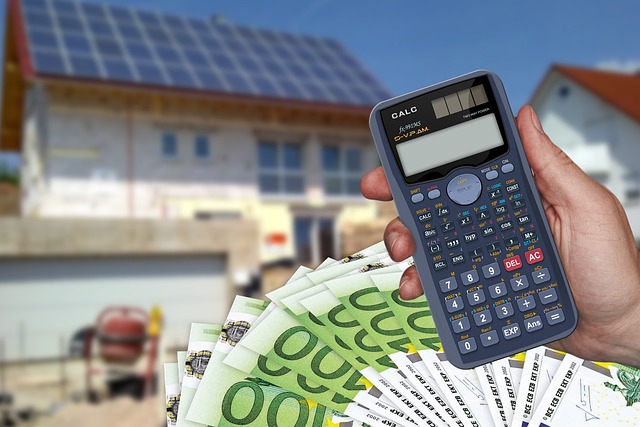Blockchain technology has the potential to revolutionize real estate by streamlining transactions, reducing costs, and expediting settlement times through its decentralized digital ledger, smart contracts, and cryptographic hashing. By eliminating intermediaries like lawyers and notaries, blockchain can enhance security, transparency, and efficiency in property transfers and lease agreements. However, widespread adoption is hindered by regulatory gaps, resistance from traditional stakeholders, and integration complexities; successful integration requires collaborative protocol development, educational initiatives, pilot projects, and gradual adoption.
Blockchain technology is poised to revolutionize real estate transactions by streamlining processes, enhancing security, and reducing costs. This article explores how blockchain can transform the industry, focusing on its benefits for buyers and sellers, and addressing challenges in adoption and integration. By delving into specific use cases like smart contracts and secure record-keeping, we uncover the potential of blockchain to reshape the landscape of real estate.
How Blockchain Can Revolutionize Real Estate Transactions

Blockchain technology has the potential to revolutionize real estate transactions by offering a secure, transparent, and efficient way to manage property transfers. Currently, real estate processes are often complex and time-consuming due to the involvement of multiple intermediaries like lawyers, notaries, and financial institutions. Each step in the process requires documentation, verification, and approval, leading to delays and potential errors.
With blockchain, transactions can be recorded on a decentralized digital ledger, eliminating the need for intermediaries. Smart contracts, self-executing agreements with predefined terms, can automate processes such as property ownership transfers, lease agreements, and payment processing. This ensures faster settlement times, reduced costs, and enhanced security through cryptographic hashing. Additionally, blockchain’s immutable nature provides a permanent and unalterable record of transactions, building trust among all parties involved.
Streamlining Process: Benefits for Buyers and Sellers

Blockchain technology has the potential to revolutionize real estate transactions by significantly streamlining the process, offering numerous benefits for both buyers and sellers. One of the key advantages is the elimination of intermediaries, such as lawyers and notaries, which can lead to reduced costs and faster settlement times. Blockchain-based smart contracts automatically execute agreed-upon terms, ensuring a transparent and secure exchange without the need for traditional paper-based documentation.
For buyers, this means quicker access to properties and a simplified purchasing process. Sellers can benefit from enhanced security and peace of mind, knowing that transactions are finalized with minimal risk of fraud or dispute. Additionally, blockchain’s immutable nature guarantees that all transaction records are accurately stored and accessible, fostering trust among all parties involved in the real estate market.
Overcoming Challenges: Adoption and Integration in Real Estate

In the realm of real estate, blockchain technology promises to revolutionize transaction processes by offering enhanced security, transparency, and efficiency. However, widespread adoption faces challenges such as regulatory uncertainty, skepticism among traditional stakeholders, and integrating this new technology into existing systems. Overcoming these hurdles is crucial for the successful integration of blockchain in real estate.
One key strategy involves collaborative efforts between industry players, regulators, and tech providers to establish standardized protocols and guidelines. Education and awareness campaigns can help dispel misconceptions and demonstrate the benefits of blockchain, fostering trust among stakeholders. Additionally, pilot projects and incremental adoption allow for testing and refining blockchain solutions within specific segments of the real estate market before scaling up, ensuring a smoother transition and addressing potential issues early on.






